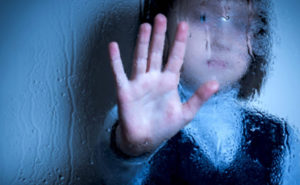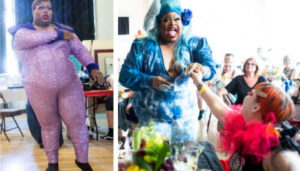Over 50 studies have now been performed assessing the accuracy of demographic, national, political, and other stereotypes.
Stereotype accuracy is one of the largest and most replicable effects in all of social psychology. Richard et al (2003) found that fewer than 5% of all effects in social psychology exceeded r’s of .50. In contrast, nearly all consensual stereotype accuracy correlations and about half of all personal stereotype accuracy correlations exceed 50.
The evidence from both experimental and naturalistic studies indicates that people apply their stereotypes when judging others approximately rationally. When individuating information is absent or ambiguous, stereotypes often influence person perception. When individuating information is clear and relevant, its effects are “massive” (Kunda & Thagard, 1996, yes, that is a direct quote, p. 292), and stereotype effects tend to be weak or nonexistent. This puts the lie to longstanding claims that “stereotypes lead people to ignore individual differences.”
There are only a handful of studies that have examined whether the situations in which people rely on stereotypes when judging individuals increases or reduces person perception accuracy. Although those studies typically show that doing so increases person perception accuracy, there are too few to reach any general conclusion. Nonetheless, that body of research provides no support whatsoever for the common presumption that the ways and conditions under which people rely on stereotypes routinely reduces person perception accuracy. Read more…





